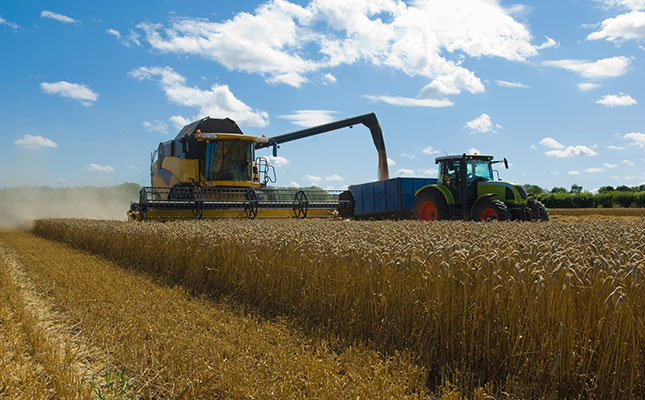
Photo: Getty Images
The UN’s World Food Programme (WFP) has warned that the coronavirus disease (COVID-19) pandemic could worsen the food shortage currently being experienced in Zimbabwe.
In a recent statement, the WFP’s Zimbabwe country director, Eddie Rowe, called on the international community to help mobilise food supplies to prevent a catastrophe in that country.
He appealed for US$130 million (about R2,2 billion) in aid to sustain an emergency operation to run until August to prevent millions of the most vulnerable in Zimbabwe from “plummeting even further into hunger”.
“With most Zimbabweans already struggling to put food on the table, the COVID-19 pandemic risks even wider and deeper desperation,” Rowe said.
“We must all do our utmost to prevent this tragedy turning into a catastrophe.”
In a recent report, the Zimbabwean government said that since the first case of COVID-19 in that country was reported on 21 March, a total of 395 suspected cases had been tested, of whom 11 tested positive, while three people had died.
The country was currently in the third week of a 21-day lockdown aimed at curbing the spread of the disease.
The pandemic came on the back of a food shortage that had so far affected 7,7 million people, with the number of people classified as “acutely food insecure” rising to 4,3 million, up from 3,8 million at the end of last year, the WFP said.
Zimbabwe harvested 776 600t of maize in 2019, less than half of the 1, 8 million tons needed for one year’s national consumption.
To overcome the food deficit, the government was importing maize from Tanzania, Uganda, South Africa and Brazil, while the WFP programme was providing further assistance to those in need.
The forecast for this year’s harvest prospects was yet to be released, but aid agencies warned that it could be poorer than that of the previous year.

